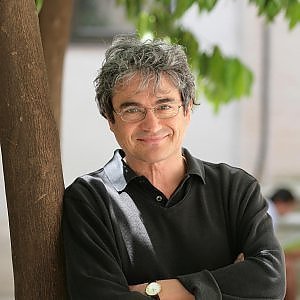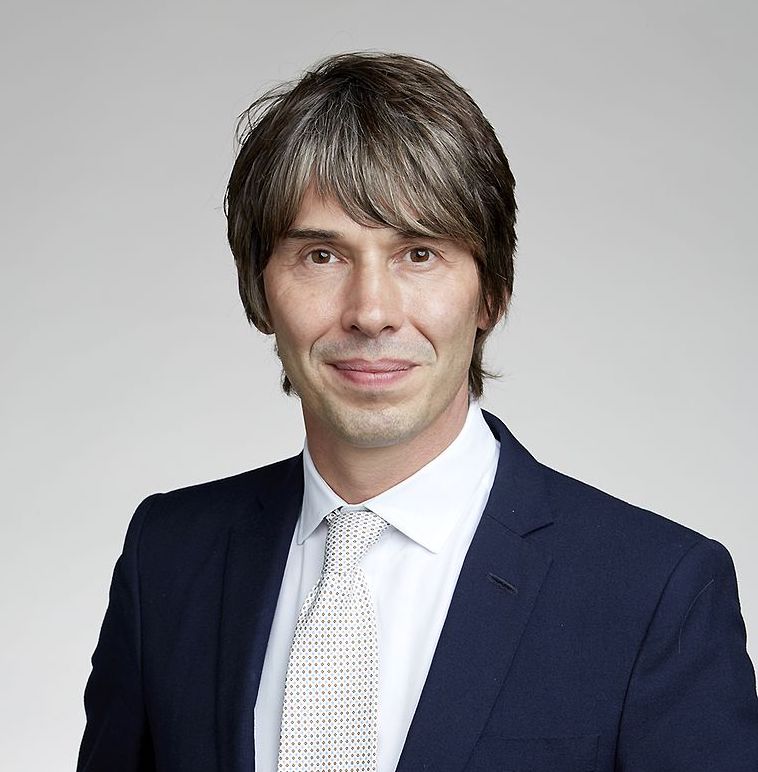 author
authorDiscover the Best Books Written by Carlo Rovelli
Carlo Rovelli was born in Italy, is a US citizen, and lives in France. His main activity is in theoretical physics, where he is known as one of the founders of loop quantum gravity. He also has an interest in the history and philosophy of science. He has written "Quantum Gravity," a treatise on loop quantum gravity, and, for the large public, "The First Scientist: Anaximander and his Legacy," which is primarily a reflection on the nature of science.
The book has been translated into five languages and has been awarded the "Prix du Livre Haute Maurienne." Rovelli has worked in various Universities in Italy, the US, and France. He is currently head of the quantum gravity group at the Center For Theoretical Physics of Aix-Marseille University. He is an Honorary Professor at the Normal University of Beijing and a member of the International Academy for the Philosophy of Science.
Carlo Rovelli was born in Verona, Italy, on 3 May 1956. He attended the Liceo Classico Scipione Maffei in Verona. In the 1970s, he participated in student political movements in Italian universities. He was involved with the free political radio stations Radio Alice in Bologna and Radio Anguana in Verona, which he helped found.
In conjunction with his political activity, he was charged but later released for crimes of opinion related to the book Fatti Nostri, which he co-authored with Enrico Palandri, Maurizio Torrealta, and Claudio Piersanti. Rovelli has credited his use of LSD at this time with sparking his interest in theoretical physics, saying of his experience: "it was an extraordinarily strong experience that touched me also intellectually.
Among the strange phenomena was the sense of time stopping. Things were happening in my mind, but the clock was not going ahead; the flow of time was not passing anymore... And I thought: ‘Well, it's a chemical that is changing things in my brain. But how do I know that the usual perception is right and this is wrong? If these two ways of perceiving are so different, what does it mean that one is correct?"
Best author’s book























